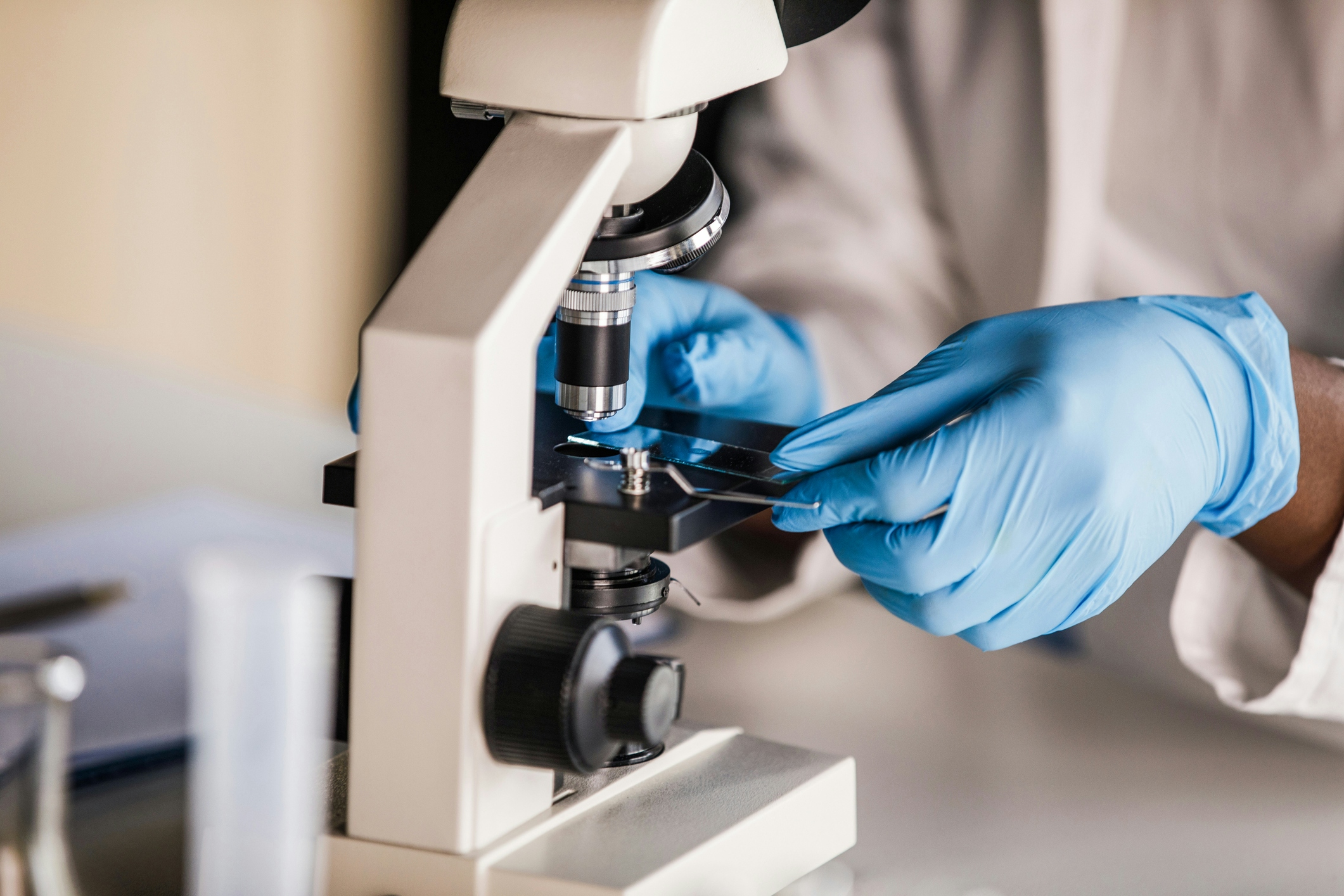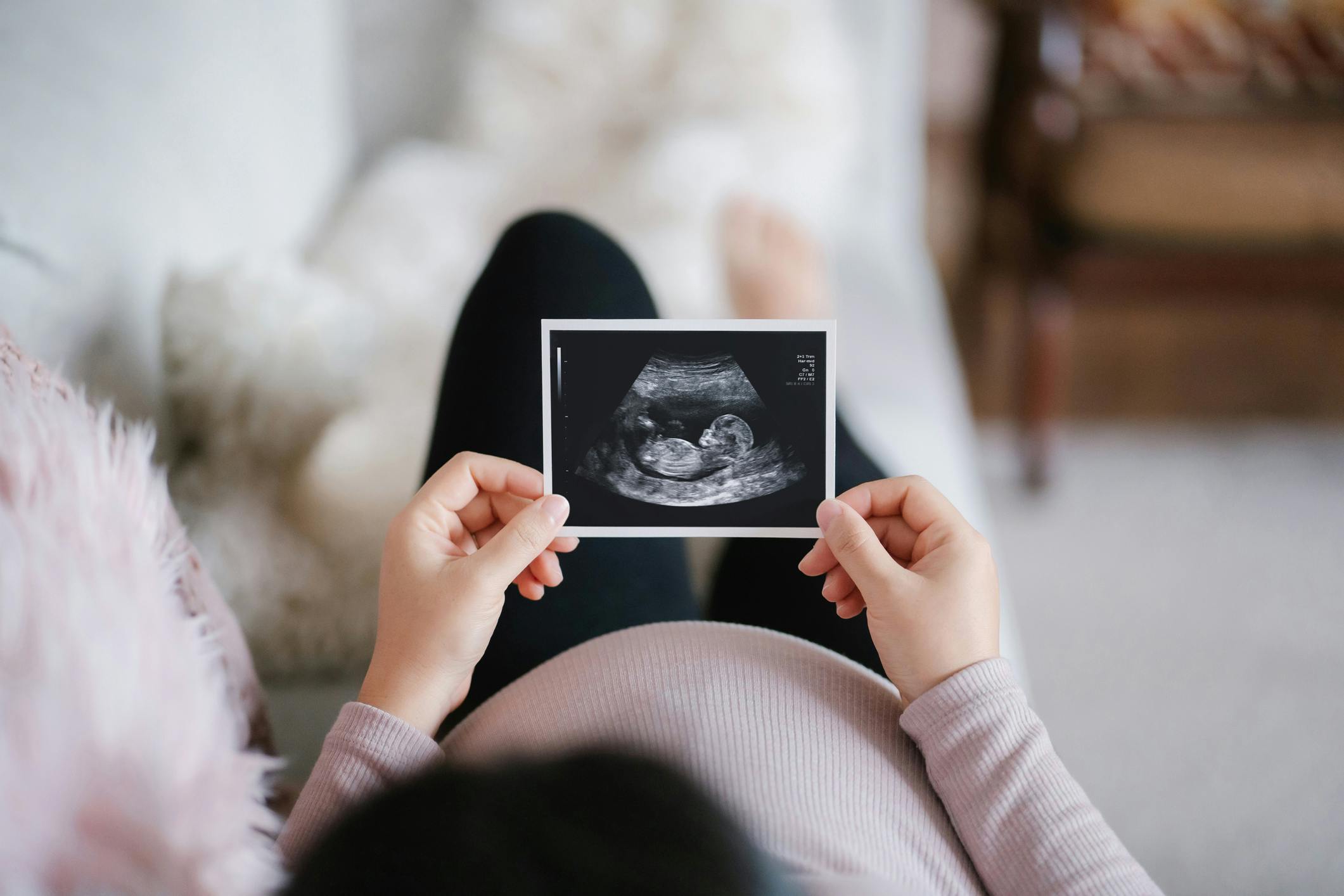Postnatal Chromosome Analysis
Postnatal Chromosome Analysis is tailored to offer valuable insights into your child's genetic blueprint, facilitating the diagnosis of congenital anomalies, diseases, and developmental delays in children.


Understanding miscarriage causes
Postnatal Chromosome Analysis offers insights into miscarriages or pregnancy terminations. This analysis can unveil the reasons behind these events. Remarkably, approximately two-thirds of first-trimester miscarriages result from chromosome imbalances in the baby's genetic makeup.
For couples experiencing three successive miscarriages, we recommend investigating possible carrier status, as a small percentage of miscarriages can be attributed to balanced chromosome rearrangements within the parents. If such a rearrangement is identified, our genetic counsellors can provide precise guidance on the genetic risks associated with future pregnancies.

.jpg%3Fbranch%3Dprod&w=3840&q=75)

